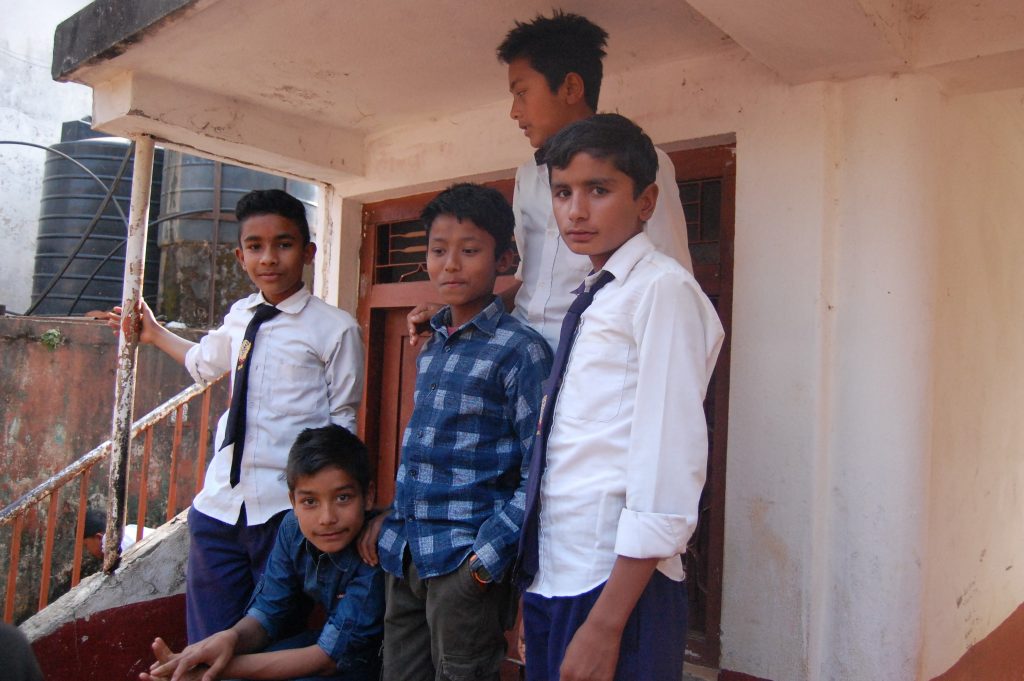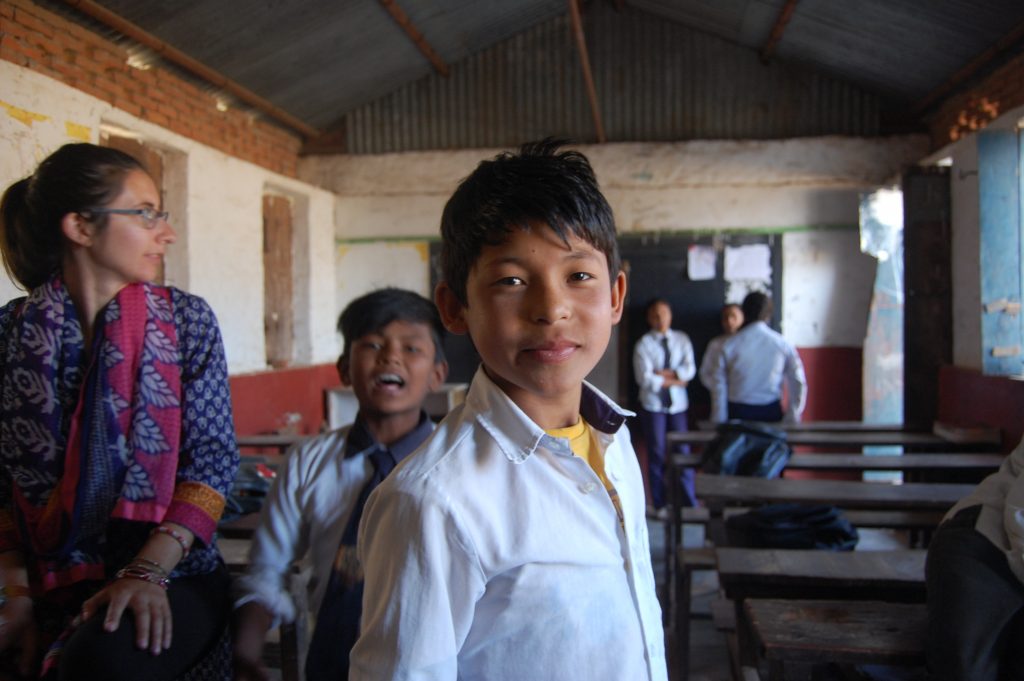The Letters
So we left off in Part I with this big breakthrough with my Dalit boys, when I showed them the pictures of my family. My mind was running. I was excited; I was hopeful.

But I did nothing.
When I play the bass, I know a split second before any listener if there’s going to be a mistake. Maybe the bow pressure or speed isn’t right, maybe my left hand hasn’t pressed the string down firmly enough. And even though I know it isn’t going to sound right, the bow is already in motion- it’s too late to stop.
I could see all the first mistakes I would make, and I was afraid of failing when it meant so much.
So I wrote to one of my mentors. I am very lucky to have a wonderful mentor/mentee relationship with several people whom I greatly admire. This person was one of my eighth grade teachers. He was my favorite teacher I’ve ever had- and someone who had a profound impact on me. As his student, I could tell how much he cared for each of his students. In his response to my letter, this is the line that kicked me into action:
“I all too often wait to implement something until I am confident it will be right, but way more often than not, I find I’ve just wasted precious time for the sake of assuaging my own fear of failure.”
A few days after receiving his response, I was walking around the village at night when I ran into some of my students.
“Miss Katie, you were angry at us today for cheating.” One boy said as we walked. (I had not been pleased they had cheated on a homework assignment that day.) “But we have to cheat, because we’re 15 and can’t read.”
The boy, had gone to school since the age of 4 when he wasn’t farming, and couldn’t read. He needed glasses and couldn’t see the board. He was low-caste and had grown up hearing how only high-caste students are “clever.” He was poor and only attended school when the farm work was done, by second grade he was too far behind to catch up to his peers.
And it wasn’t fair. None of it is fair. In a very few years, he’s going to be responsible for a family. Without being given the education to earn enough to support them. Without ever being shown how to be a good husband, a good father. He’s being set up to fail.
And we all need to work on solutions.
I don’t have any answers- I’m just doing the best I can. And I need help to do better.

But guided by my mentor’s letter, the next day, I invited all my students to watch a movie during lunch time. I brought my laptop (a very special treat) to school, ready to go with a movie I had downloaded months previously in Kathmandu. I thought this movie would spur a discussion about healthy relationships and friendships. To my surprise, it turns out watching a moving is a “boy” activity in Nepal. Only the boys turned up. My female students peered curiously in through the gated windows, but wouldn’t come near the room. Since the movie lasted for five lunch periods, it was just me and my male students that week.
The movie was a bust. My 11″ screen was too small to be seen by anyone but the closest students. And they obviously couldn’t understand the dialogue. When lunch time was up the first day, a boy raised his hand. “You’ll bring the art supplies tomorrow, like you do with the girls, Miss Katie?” All the other boys nodded.
So for the rest of the week, I kept the movie playing but I brought art supplies and we drew different themes each day: our homes, our families, self portraits, Nepal. And while there wasn’t any important dialogue going on, no tangible “change” happening, I felt fulfilled. And they kept coming back.



